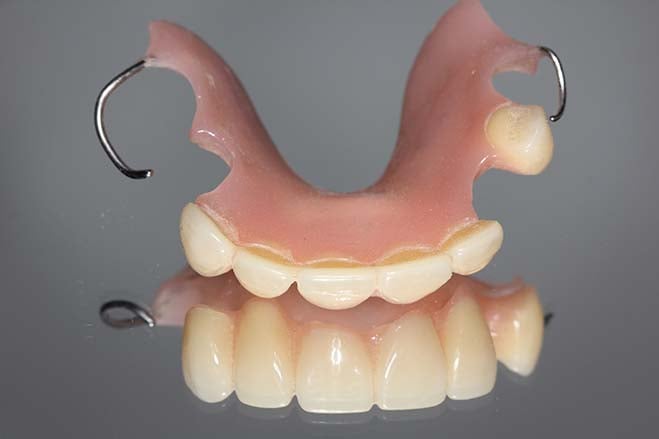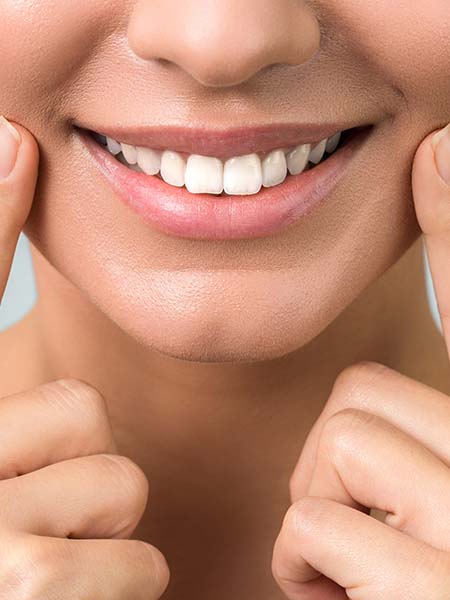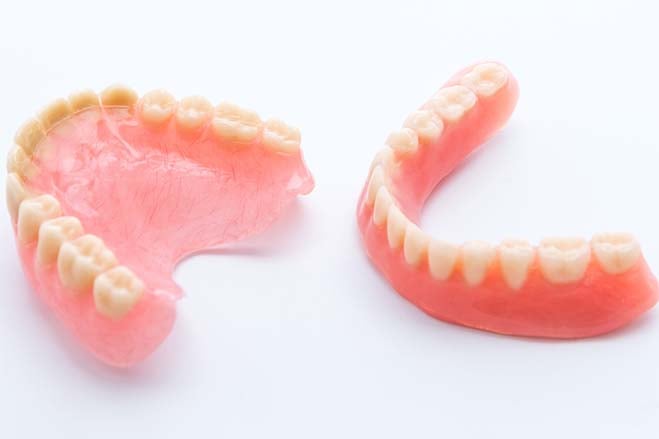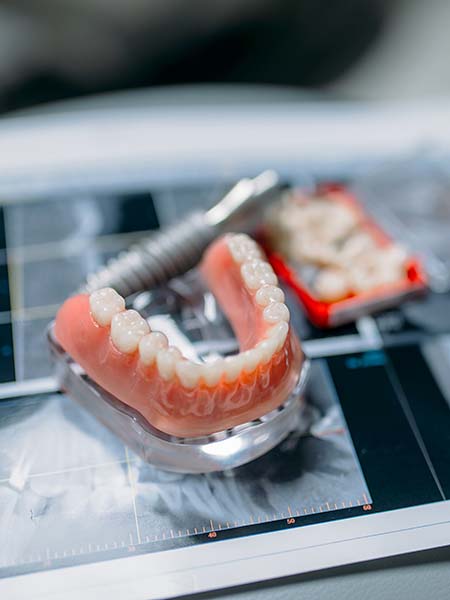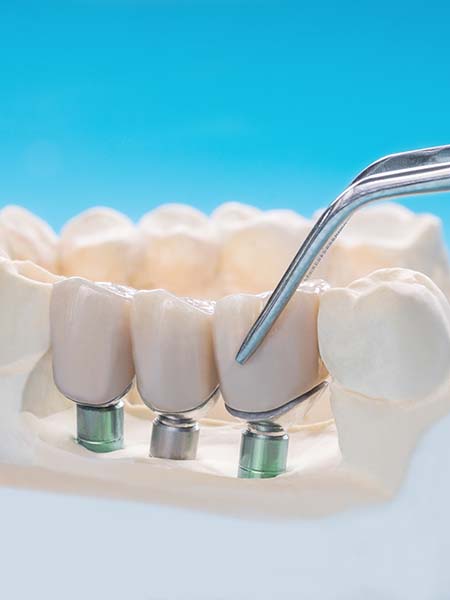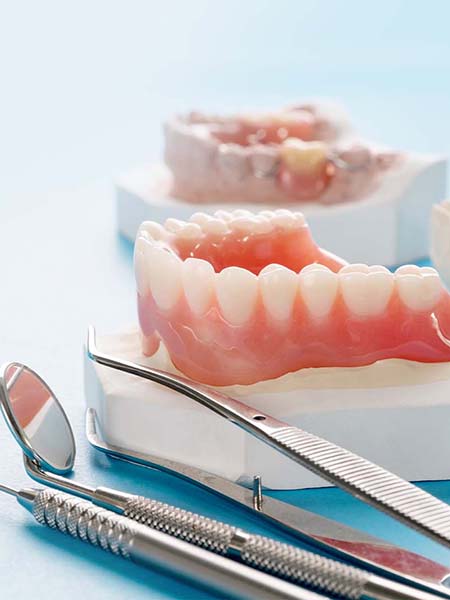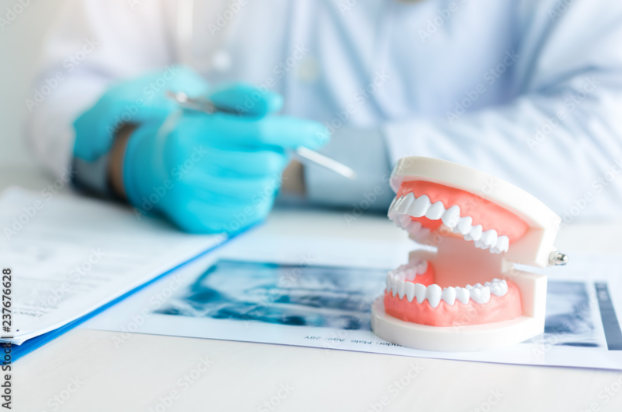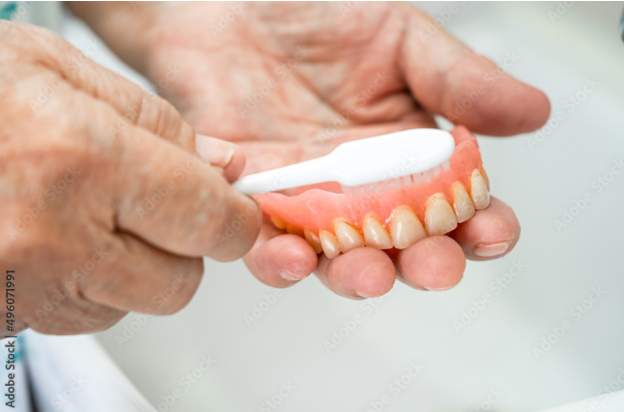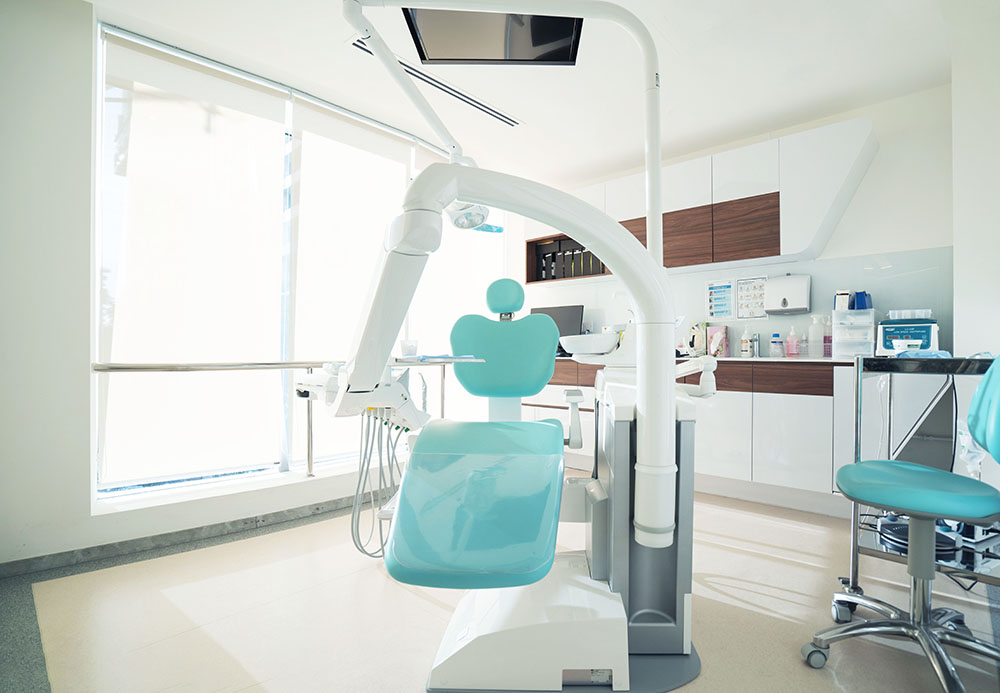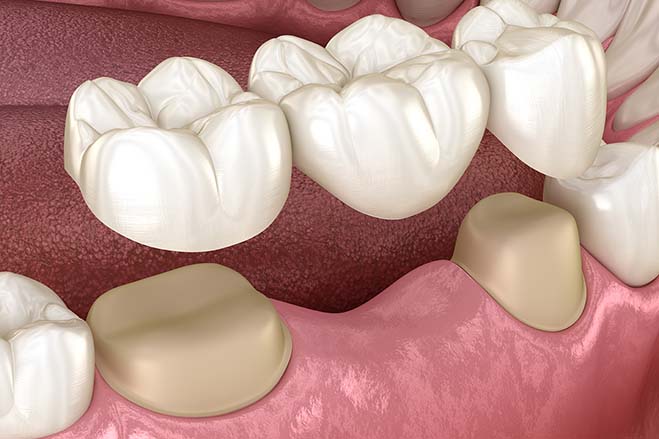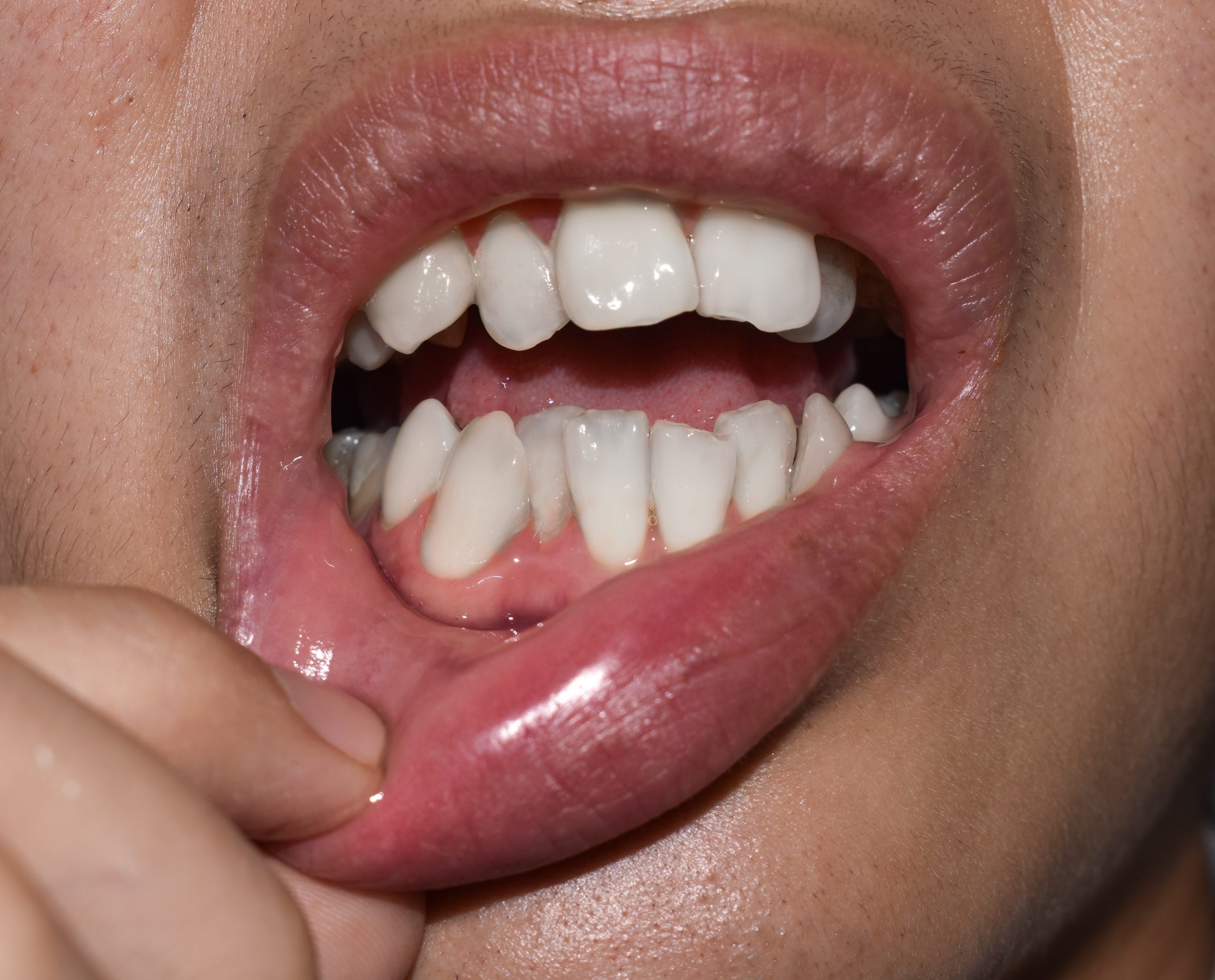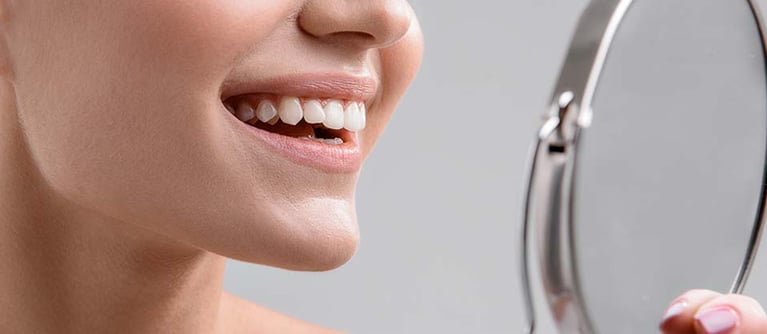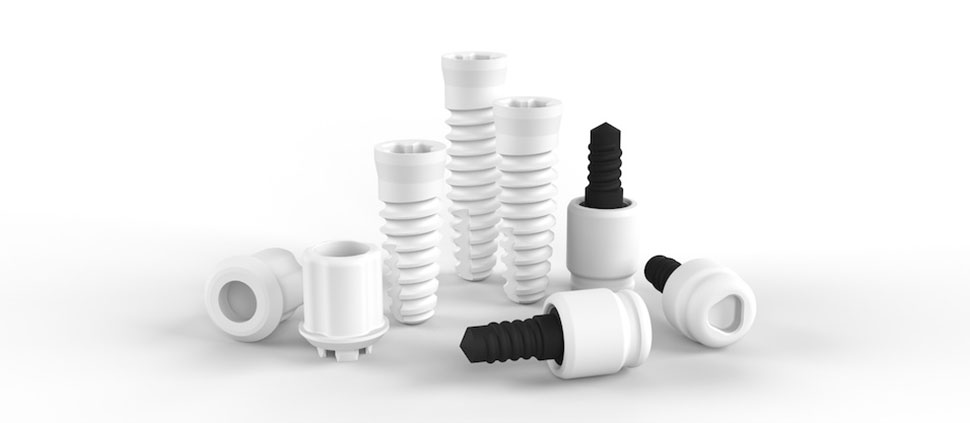What are Dentures?
Dentures are replacements for missing teeth that can be taken out and put back into your mouth as the situation calls for it. Thousands of years ago, the Egyptians and Romans used animal or human teeth as dentures. Today, they are typically made from materials like porcelain and resin, with a look that’s more natural and a fit that’s more comfortable than ever.
When you’re missing teeth, you may feel less confident in your smile, have difficulty speaking, and struggle to eat certain foods. Dentures are custom-made appliances designed to replace your missing teeth and restore your appearance and oral functions, helping you regain your confidence so you can express your happiness freely.
Dentures can be either full or partial:
- Full Dentures: Used when all teeth are missing, full dentures replace an entire arch of teeth and rest on your gum tissue. They help you speak and eat normally, filling out your appearance and supporting the muscles in your face and jaw.
- Partial Dentures: Used when some teeth are missing, partial dentures fill in the gaps created by missing teeth and prevent other teeth from changing position. They are usually attached to your natural teeth with clasps or precision attachments, providing a secure and natural-looking solution.
Contact Nuffield Dental Malaysia for a consultation today.






